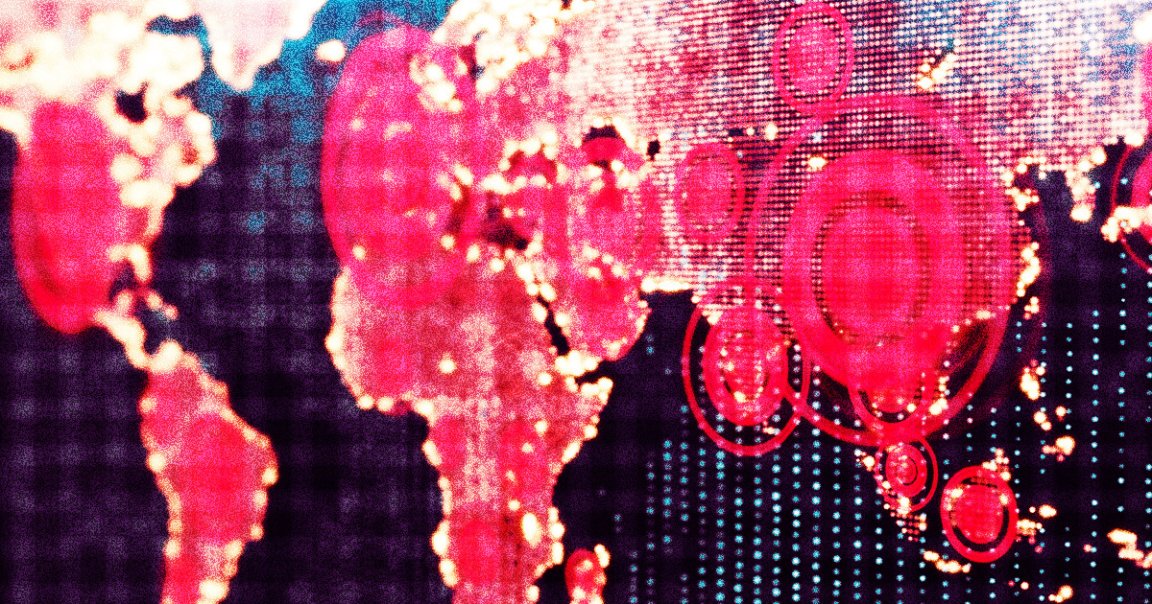
A group of the world’s leading biologists have called for an immediate halt on a technology you’ve probably never even heard of — but is so dangerous, they say, that it could upend the order life itself on this planet, if not wipe it out.
In a nearly three-hundred page technical report published this month, the scientists describe the horrifyingly existential risks posed by what’s known as mirror life: synthetic organisms whose DNA structures are a mirror image to that of all known natural organisms.
Mirror lifeforms are probably a few decades away from being realized. But the risk they pose is unfathomably serious, according to the scientists.
“The consequences could be globally disastrous,” report coauthor Jack W. Szostak, a Nobel-prize-winning chemist at the University of Chicago, told The New York Times.
The famous DNA double helix is considered right-handed, meaning its spiral strands — a sugar-phosphate backbone — twist to the right. (To picture this, make a thumbs-up with your right hand; your thumb is the vertical axis and your curled-up fingers represent the direction of the spiral.) On the other hand, proteins, the building block of cells, are left-handed.
Why this is the case remains a matter of scientific debate. But this so-called homochirality is the state of nature on the planet — and it’s gotten us this far.
Yet in our infinite human arrogance lies the capacity to defy that order. What happens if we make mirror organisms with left-handed DNA and right-handed proteins?
Proponents of pursuing this research argue that such mirror cells could have incredible medical applications. Scientists have already forged mirror proteins and discovered that they are much more resilient than natural ones because the enzymes that are designed to break them down can’t bind to them. This could be a breakthrough in treating chronic diseases, since many therapeutic drugs are broken down too quickly to have a lasting effect without simply taking more of them.
The problem, however, is that mirror organisms could act unpredictably when interacting with natural cells. We simply don’t know what would happen when mirror life clashes with ours. And in a void of information, you plan for the worst.
What if, for example, an experimental mirror bacteria was accidentally released into the world? Our biology would have no idea how to deal with these synthetic organisms. They could bypass detection by our immune system, easily infect a host, and spread a deadly pandemic. The risk applies to all lifeforms, too — not just humans.
To drive the point home, think of how invasive species have totally annihilated native ones. Now supercharge that deadly advantage with organisms that are completely alien to all life on Earth, and we may not stand a chance.
“Unless compelling evidence emerges that mirror life would not pose extraordinary dangers, we believe that mirror bacteria and other mirror organisms, even those with engineered biocontainment measures, should not be created,” the report authors wrote in an accompanying letter published in Science. “We therefore recommend that research with the goal of creating mirror bacteria not be permitted, and that funders make clear that they will not support such work.”
More on deadly biology: UN Deploys Investigators as Mysterious “Disease X” Continues to Spread